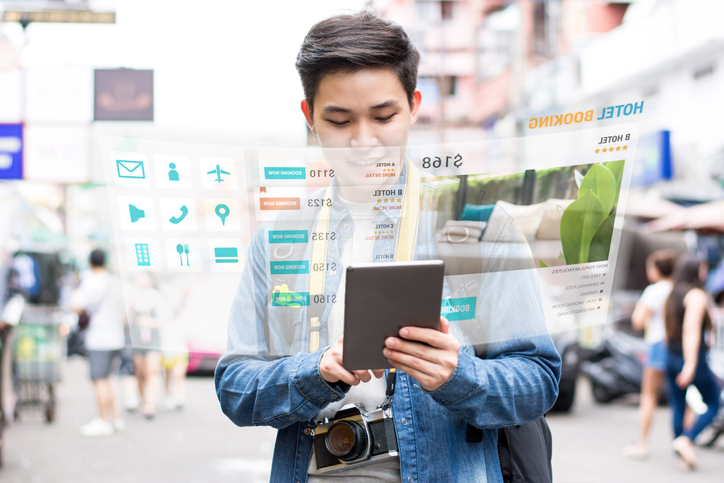2020 finally came to an end and it was undoubtedly one of the most challenging years for the hotel and lodging industry due to the Covid-19 pandemic. Smith Travel Research (STR) data showed all-time low numbers in occupancy, Average Daily Rate (ADR) and Revenue Per Available Room (RevPAR) at the end of 2020. However, with news regarding the availability of COVID-19 vaccine, things have certainly begun to change positively in 2021.
According to STR reports data, the North American hotel industry witnessed an increase in occupancy, ADR and RevPAR each week. Occupancy for week of ending in February 20 came in at 23.6% for Canada and 48.1% in the US (highest level since late October).
While the industry slowly begins to recover, the question is: What does the future look like for the hotel industry? The Covid-19 pandemic changed customer behavior, introducing new short-term and long-term ones. Hotels need to apply necessary changes and adapt to new customer expectations.
1. New level of cleanliness and sanitation
Many hotels have implemented new protocols for cleanliness and have adopted new sanitization technology. Few of these include reducing touch pints and in person contacts, disinfecting high touch surfaces, using room seals after cleaning and many more. Many hotels have even partnered with 3rd party hygiene and safety companies. Hilton partnered with RB, makers of Lysol and Dettol to introduce their CleanStay program and Accor launched AllSafe label verified by Clifton.
2. Using technology to build trust
Mobile check-ins and keyless entries are here to stay. The ability to book and confirm your room, skip or minimize the check-in process and enter your room without using a key is something that many hotels have already implemented or will implement on their road to recovery.
Artificial intelligence, machine learning and automation technology can help hoteliers recognize new demand in the market and optimize their offerings to fit the current market moment (Dukic, 2021).

Data solutions such as Forward STAR (future forecasts), P&L Reposts, and Competitive Benchmarking offered by STR will also help hotels achieve this goal.
3. Adding more amenities to add convenience
Customers will continue to be cautious during their travel and they will look for hotels that offer in-house amenities like coffee shops, multiple restaurants, room service and even small convenience stores to keep guests inside the hotel property and reduce the risks.
4. Marketing perspective, identifying new target audiences is essential
Customer behavior has changed due to cleanliness and sanitizations concerns, possible reduced and redirected discretionary spending.
It is also important to provide clarity about the safety and cleanliness protocols, flexible cancellation policies, special offers and recent happenings and what’s new inside the hotel. Hotels must rely on improving their online platforms (website, social media, etc.) more than ever to gain customer confidence about staying at their property (Hotel marketing strategies for Covid-19 business recovery – Insights, 2021).
At Radonic+, we specialize in hospitality marketing, online digital campaigns for hotel industry, digital e-newsletters and hotel web design and development.
